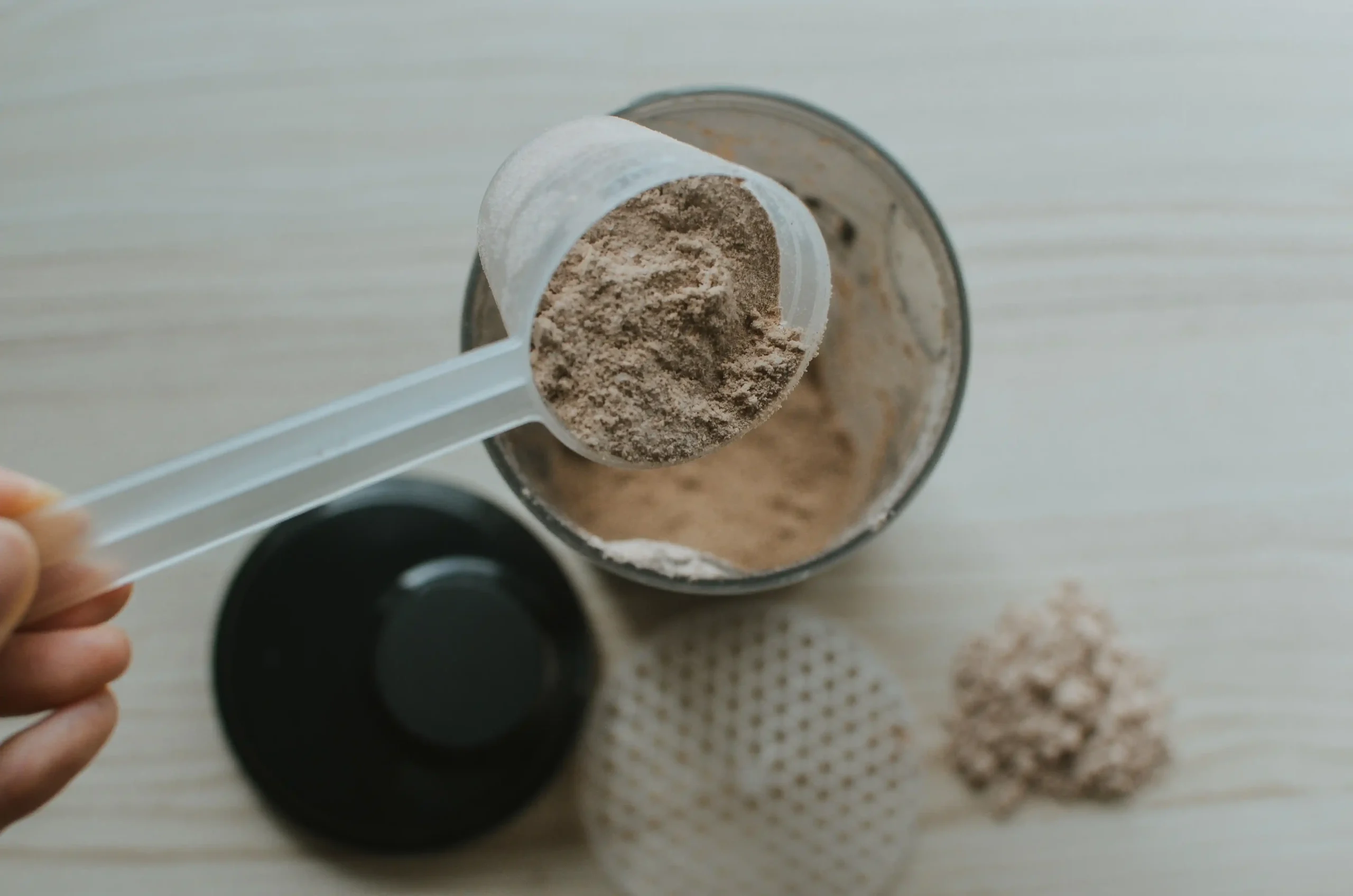Exploring the Gut-Brain Axis and Tea’s Potential
Depression, a pervasive mental health condition, presents significant challenges due to its high risk, prevalence, persistence, and tendency to recur. This disorder places a substantial burden on global health systems and individuals alike. Recent research has shed light on an intriguing connection between depression and the gut microbiome, opening new avenues in psychiatric and neuroscience studies.
The gut-brain axis has emerged as a crucial factor in understanding both the origins and potential treatments for depression. Gut microorganisms have been found to influence depressive behaviors through various mechanisms. These include effects on the hypothalamic-pituitary-adrenal (HPA) axis, alterations in monoamine neurotransmitter levels, modulation of immune responses, changes in cell signaling pathways, and impacts on metabolic processes.
In clinical practice, tea has long been utilized to address neuropsychiatric disorders. Of particular interest is Epigallocatechin gallate (EGCG), a primary component of green tea. EGCG has demonstrated effectiveness in modulating intestinal flora, suggesting potential therapeutic applications.
This comprehensive review delves into several key areas:
1. The risk factors and underlying causes of depression
2. Complications associated with alterations in intestinal flora
3. The role of gut microbiota in both the development and treatment of depression
4. The potential of EGCG to alleviate depressive symptoms through its interactions with gut microbiota and other physiological mechanisms
By exploring these interconnected topics, researchers aim to deepen our understanding of depression’s complex nature and potentially uncover novel treatment strategies that harness the power of gut-brain interactions and natural compounds like EGCG.
Commentary by SuppBase columnist Alice Winters:

The exploration of the gut-brain axis in relation to depression marks a paradigm shift in our approach to mental health. This review highlights the intricate dance between our intestinal flora and our mood, opening up exciting possibilities for both prevention and treatment of depression.
The focus on Epigallocatechin gallate (EGCG) from green tea is particularly intriguing. As a natural compound with a long history of consumption, EGCG presents a promising avenue for depression management that may be more palatable to those wary of traditional pharmaceuticals. However, it’s crucial to approach this with measured optimism.
While the potential of EGCG is exciting, several points warrant consideration:
1. Dosage and Bioavailability: The concentration of EGCG in a typical cup of green tea may not be sufficient to exert significant therapeutic effects. Supplements might be necessary to achieve clinically relevant doses, raising questions about optimal dosing and potential side effects at higher concentrations.
2. Individual Variability: The composition of gut microbiota varies significantly between individuals. This diversity may influence the efficacy of EGCG in modulating gut flora and, consequently, its antidepressant effects. Personalized approaches may be necessary for optimal outcomes.
3. Long-term Effects: While short-term studies on EGCG are promising, we need more data on its long-term impact on gut microbiota and mental health. Sustained alterations to the gut ecosystem could have unforeseen consequences.
4. Interaction with Conventional Treatments: For those already on antidepressants, it’s crucial to understand how EGCG might interact with these medications. Could it enhance their effects or potentially interfere?
5. Lifestyle Factors: The review touches on the gut-brain axis but doesn’t delve into how other lifestyle factors like diet, exercise, and stress management interact with EGCG’s effects. A holistic approach considering these elements would provide a more comprehensive picture.
6. Market Implications: If further research solidifies EGCG’s role in depression management, we could see a surge in green tea and EGCG supplement sales. This raises questions about quality control, standardization, and potential over-marketing of these products.
In conclusion, while the link between gut microbiota, EGCG, and depression is promising, it’s essential to approach this field with scientific rigor. As we stand on the brink of potentially revolutionizing depression treatment, balanced, evidence-based perspectives are crucial. The integration of natural compounds like EGCG into mental health strategies could offer a bridge between traditional wisdom and modern science, potentially providing new hope for millions affected by depression worldwide.



